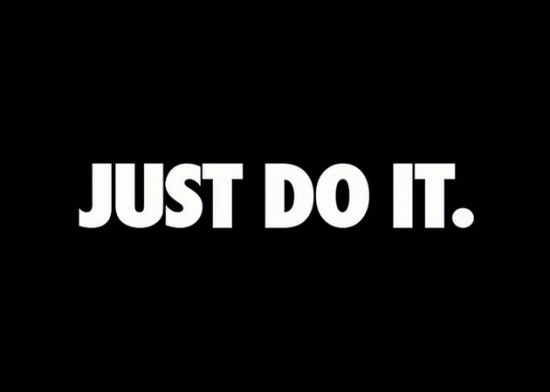We all have dreams. We all carry movies in our minds about how life could be for us in a better world. Sally dreams of a big house with a built-in pool. Harry dreams of an eight-car garage filled with vintage Porsches. Jill fantasizes about painting pictures at the seashore. Jack wants that corner office with the view.
Chances are, Sally and Harry and Jill and Jack will never get what they dream about. They will go on playing those mental movies for themselves or talking about them to friends and family members.
Failing to live your dreams is not necessarily a bad thing. Lots of people are perfectly happy dreaming of one life but living another. The problem arises when the gap between fantasy and reality results in unhappiness or even depression. When this happens, it’s time to master plan a new life. And the first step is to establish goals.
Goals are different from dreams in four ways. They are specific, actionable, time-oriented, and realistic.
Specific : Being rich is a dream. Developing a $4 million net worth is a goal.
Actionable : Winning the lottery is a dream. Winning a foot race is a goal.
Time-Oriented: Developing a $4 million net worth is a goal. But developing a $4 million net worth in five years is a better goal.
Realistic : Developing a $4 million net worth in five years is probably reasonable. Developing a $4 million net worth in four months is not.
Goals are also different than objectives – more long-term and broader in scope.
Your master plan should be broken down into seven-year and one-year goals, monthly and weekly objectives, and, finally, daily tasks that will make it possible to achieve your medium-term objectives and long-term goals. For example:
Seven-Year Goal: Develop a $4 million net worth in five years.
First-Year Goal: Eliminate $36,000 worth of debt.
Monthly Objective : Land a part-time job netting $36,000 annually by year-end.
First Week’s Objective : Get my first job interview.
First Day’s Task: Write personal letters to CEOs of my top 10 “dream job” companies.
Okay, that’s the plan. Starting today, you are going to be performing tasks every day that support weekly objectives that, in turn, support monthly objectives that, in turn, support yearly goals that, in turn, support seven-year goals. All of this will be done formally. All of it will be done in writing.
At this point, you may be wondering: “Does it really matter whether my goals are specific? Does it make any difference if I write them down?”
Glad you asked.



